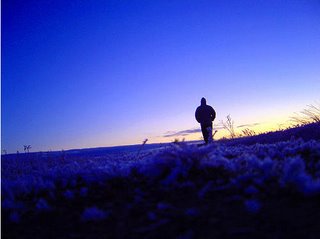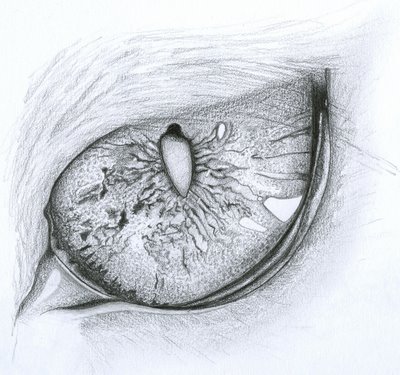
A list of landscape terminology...
...would appear to be relevant to an ever expanding interest in landscape expressionism.
Animated
Animation
Aspect
Brown field
Client
Clientele
Contemporary
Context
Density
Detailing
Development
Distinctive
Diversity
Elevations
Expanses
Features
Finish
Function
Geometry
Green field
Habitat
Infrastructure
Innovation
Landforms
Layers
Levels
Locality
Materials
Modern
Mounding
Orientation
Participants
Private
Project
Prospect
Public
Qualities
Reclamation
Regeneration
Relate
Scape
Scheme
Scope
Sections
Site specific
Space
Strategies
Style
Stylised
Surfacing
Surroundings
Survey
Sustainability
Technical
Technique
Texture
Topography
Transformation
Undulations
Upkeep
Users
Value





